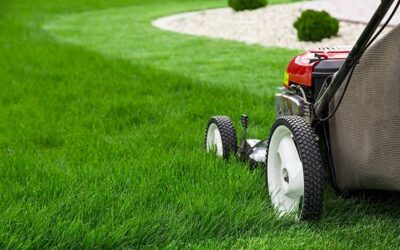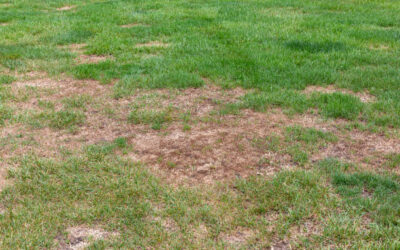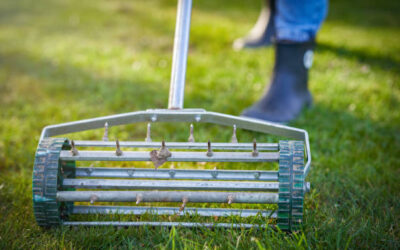In various regions, maintaining a lush, green lawn in summer depends on watering. You should improve your irrigation skills and use this Summer Lawn Watering Guide to learn what you can do to prevent brown patches from cropping up in your lawn.
How often should I water my lawn?
A very simple rule of thumb is to provide lawns with 1-1.5 inches of water every week. It can be from irrigation or rainfall. The best way of checking the moisture penetration is to probe the soil with a screwdriver. How often your water will vary depends on your location and the type of soil you have. You should conserve water and give the lawn grass just what it needs. This thing will help you to recognize the factors that affect irrigation frequency.
Grass Type
Different grass types need a different amount of water. For example:
- If you have a healthy lawn of Tall Fescue, it will have a deep root system. This type of grass has the highest drought tolerance of cool-season turf types.
- On the other hand, Kentucky Bluegrass becomes dormant during drought, recovering when rainfall resumes.
- Warm-season grasses, like Zoysiagrass, St. Augustinegrass, Bermudagrass, and Centipedegrass, grow in warm conditions. It develops deep root systems that make it able to resist drought. In simple words, warm-season grasses require 20% less water than cool-season types.
Regionality
Different regions have different amounts of rainfall and summer weather conditions. This thing influences irrigation needs. The lawn grass needs the most water when heat, drought, low humidity, and high winds predominate. You should learn to distinguish signs of drought and summer lawn stress.
Lawn Age
There’s one other tip to determine the irrigation frequency. When the lawns need constant moisture to remain green and healthy, newly planted lawns are in a crucial stage for the first year. Don’t depend solely on rainfall to build a healthy, deep root system. Try to provide supplemental irrigation to your lawn during the first year of growth.
Also Read: Best Lawn care tips: Get a Perfect Lawn!
Watering Without Waste
During the hot months of summer, conservation is a necessity when it comes to lawn care & watering. Here are a few suggestions to make sure that not a drop of water gets wasted while watering your lawn this summer.
Choose your system carefully.
If you are a small lawn owner, use a hose-end sprinkler. Use a timer that can help you to remind to turn it off. With the help of an in-ground irrigation system, you should use low-volume, low-angle sprinklers with heads that fit the size of the lawn area you’re watering. Besides that try to keep the angle heads as low as possible. It will help to minimize evaporation. Newer rotary nozzles which are also called stream sprays or rotators sprinkle the water slowly and evenly.
Watch the watering
Try to observe water distribution. Always make sure that you’re not watering hard surfaces or creating puddling on the lawn.
Tinker with timing
Always use a smart timer that adjusts irrigation based on local weather conditions like rainfall and temperature. Water an hour or two before sunrise to minimize evaporation and take advantage of calmer winds.
Note: Always avoid night irrigation to prevent disease.
Fine-tune the duration
Always measure how much water your system releases. You can do that by evenly spacing six (or more) straight-sided containers in the lawn you’re watering. Run your irrigation system for at least 20 minutes and then measure the amount of water in individual cans, after that add them and divide by the number of cans to get an average. At last, multiply the average by three to determine how much water your system releases in an hour.
Shorten cycles
If your lawn has clay soils, slopes, and other areas where water runs off quickly, you should use short watering cycles on separate days. It will minimize the runoff.
Inspect the system
Check if any valves need to be repaired or replaced. Are there any leaking sprinklers or water-filled valve boxes? Fix leaks or unclog heads without wasting your time with the manufacturer’s instructions.
Reset frequently
You should reset your watering schedule, at least seasonally. Furthermore, you can check with your local water authority for recommended irrigation schedules based on records of average weather conditions.
This Summer Lawn Watering Guide will help you to maintain your lawn during the summers. If you don’t have time to do all these things, you can simply hire a lawncare agency. In Charlottesville, Jack’s Lawncare offers the best lawn care services.



